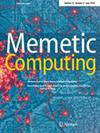
| CiteScore | SJR | SNIP | CiteScore排名 |
|---|---|---|---|
| 6.8 | 0.945 | 1.100 | 学科 排名 百分位 大类:Mathematics 小类:Control and Optimization 14 / 130 89% 大类:Computer Science 小类:General Computer Science 41 / 232 82% |
| 大类 | 小类 | TOP期刊 | 综述期刊 |
|---|---|---|---|
| 3区 计算机科学 | 3区 计算机:人工智能 COMPUTER SCIENCE, ARTIFICIAL INTELLIGENCE 3区 运筹学与管理科学 OPERATIONS RESEARCH & MANAGEMENT SCIENCE | 否 | 否 |
| 大类 | 小类 | TOP期刊 | 综述期刊 |
|---|---|---|---|
| 2区 计算机科学 |
2区
计算机:人工智能
COMPUTER SCIENCE, ARTIFICIAL INTELLIGENCE
2区
运筹学与管理科学
OPERATIONS RESEARCH & MANAGEMENT SCIENCE
|
否 | 否 |
| 学科分类 |
|---|
Q2COMPUTER SCIENCE, ARTIFICIAL INTELLIGENCE Q2OPERATIONS RESEARCH & MANAGEMENT SCIENCE |
| 2015年 | 2016年 | 2017年 | 2018年 | 2019年 | 2020年 | 2021年 | 2022年 | 2023年 | 2024年 |
|---|---|---|---|---|---|---|---|---|---|
| 0.9000 | 2.2050 | 1.9250 | 2.6740 | 3.8600 | 5.9000 | 3.5770 | 4.7000 | 3.3000 | 2.3000 |
| 2012年 | 2013年 | 2014年 | 2015年 | 2016年 | 2017年 | 2018年 | 2019年 | 2020年 | 2021年 | 2022年 |
|---|---|---|---|---|---|---|---|---|---|---|
| 32 | 32 | 22 | 26 | 45 | 29 | 30 | 19 | 20 | 32 | 31 |
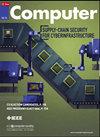
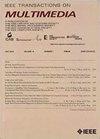
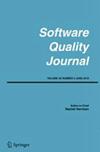

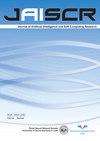

 扫码关注我们
扫码关注我们

